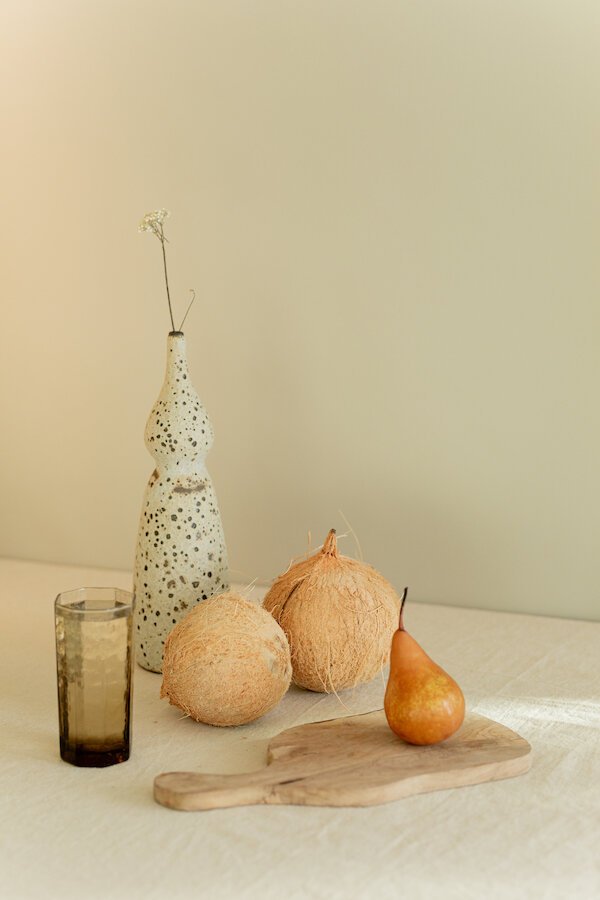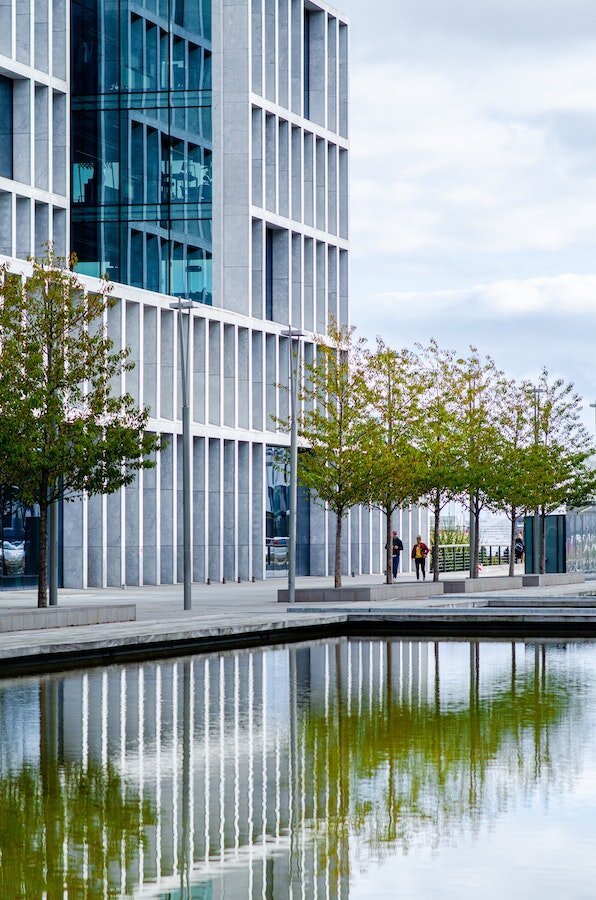
The Difference Between Biodegradable And Compostable
The Terms Aren’t Interchangeable
As the reality of the world’s waste problem becomes more evident, businesses have tried, time and again, to provide consumers with easy solutions. Many of these so-called fixes, however, have only created more waste.
“Only 10 percent of all plastic has ever been recycled,” said journalist Laura Sullivan on a recent episode of NPR’s Planet Money. When consumers first learned about plastic’s environmental consequences, the industry offered plastic recycling as a solution. But this marketing campaign was simply a form of greenwashing. While plastic can be recycled, it takes many resources, the right facilities, and a large amount of money to do so.
The next big idea? Biodegradable and compostable goods. These terms, often used interchangeably, describe separate processes which both aim to curb consumer waste. Can these products finally be the solution we’re looking for?
Compostable vs. Biodegradable
All compostable items are biodegradable, but not all biodegradable products are compostable. A notable difference between the two is that biodegradable products break down into a few natural elements, while compostable products leave behind a single organic material called humus.
The term biodegradable is assigned to natural products that can be disintegrated into natural elements (such as carbon dioxide and water vapor) with the help of fungi, bacteria, and other biological processes. Almost everything is biodegradable, even some plastic, though it may take these products centuries to break down entirely.
“All compostable items are biodegradable, but not all biodegradable products are compostable.”
For a product to be labeled as biodegradable, it must be able to turn into organic matter. Generally, biodegradable products do break down faster—it typically takes between three and six months. This seems ideal, especially compared to synthetic products which can take several hundred years to decompose. Yet, biodegradables only lessen their environmental impact if disposed of properly and in facilities that regulate temperature, moisture, and air levels.
Composting, in comparison, is the process of recycling organic waste for reuse. When carried out correctly, goods can be broken down in just a few months. The result is a healthy soil containing humus, which has a nutrient-rich makeup. The composting process allows organic carbon to return to the earth and reduces methane emissions (aka greenhouse gases).
“Composting is the process of recycling organic waste for reuse.”
The great thing about composting is that it can be done at home, though it must be properly managed so that the nutrient-rich material can return to the earth. Just because something is labeled compostable doesn’t mean consumers can successfully compost it. Instead, some products need to be sent to commercial facilities that regulate the environmental conditions necessary for composting. This is why it’s imperative to read product labels carefully.
A Solution and a Problem
The advent of “green” alternatives to plastic and disposable materials has been incredibly exciting, but there is still a bit of smoke and mirrors. Biodegradable and compostable goods both have the potential to be an environmentally friendly solution to our world’s waste problem—but only when processed correctly.
Biodegradable and compostable goods are often thrown in the trash by consumers who, not knowing better, think they’ll simply break down into safe organic matter in the landfill. However, these products get buried underneath trash with very little oxygen. Biodegradables (including compostables) cannot break down safely without oxygen, the right amount of light, and bacteria. Instead, the anaerobic (without oxygen) process that happens in landfills produces methane. Moreover, biodegradable and compostable goods can’t be recycled because they will contaminate the other items as they decompose.
These alternative goods require specific, commercial facilities for a successful breakdown—and these are hard to come by. This is why experts caution consumers about products with biodegradable, compostable, and “green” labels.
“Biodegradables (including compostables) cannot break down safely without oxygen, the right amount of light, and bacteria.”
“If it looks like plastic and acts like plastic, when it gets in the environment, it’s plastic,” said Leslie VanKeuren Campbell, founder of Sustain LA, at an event in January 2020.
Like recycling, disposable goods are only sustainable if the process of breaking them down and reusing them is also sustainable. Even if there were facilities on every block for biodegradable and compostable goods to be successfully processed, are the resources required really worth it?
What Now?
As individuals, we so badly want there to be a one-size-fits-all solution to life’s biggest problems. It’s important to remember that any product or trend which claims to fix a complex issue in one single action is most likely greenwashing. Biodegradable and compostable goods may not be our saving grace, but that doesn’t mean all hope is lost. The best we can do is focus on reusable products. When biodegradable or compostable products seem like the only option, we can read the labels carefully. Ultimately, let’s rely on reducing and reusing, minimizing the need to recycle altogether.
“Let’s rely on reducing and reusing, minimizing the need to recycle altogether.”
Quick Tips For Reducing Waste
Avoid single-use products, even ones labeled compostable or biodegradable.
Don’t put biodegradable or compostable products in the recycling.
Read product labels carefully before throwing them away or attempting to compost at home.
Hold brands accountable by asking how to dispose of products and packaging properly.
Opt-out of plastic utensils and paper napkins when ordering takeout, as well as shopping bags at grocery and retail stores.
Buy reusable products like water bottles, food containers, utensils, and tote bags—use these at home or in public when it’s safe again.
How have you managed the disposal of biodegradable and compostable products? Share in the comments below!
Audrey Stanton was born and raised in the Bay Area and is currently based in Los Angeles. She works as a freelance writer and content creator with a focus in sustainable fashion. Audrey is deeply passionate about conscious living and hopes to continue to spread awareness of ethical consumption.




